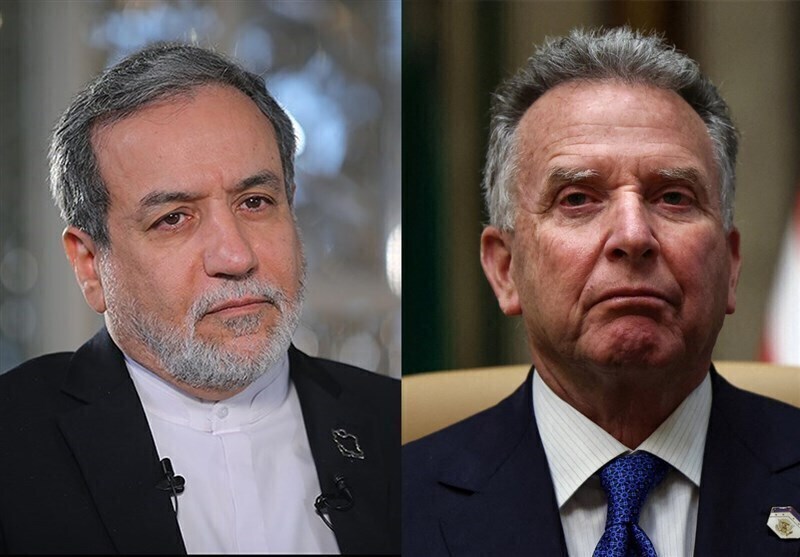
After the third round of talks between Iran and the United States, the New York Times claimed that he next round of talks will most likely be held in the next two weeks (May 10), and the American side needs some time to review the information and proposals of the Iranians.
Badr bin Hamad Al Busaidi, Omani Foreign Minister, wrote in a tweet after the end of the third round of talks in Muscat that the talks would continue next week and a high-level meeting was tentatively scheduled for May 3.
On Monday, Ismeil Baghaei, spokesman for the Iranian Foreign Ministry, said that according to the Muscat understanding and the announcement of the Omani host, the next round is scheduled for Saturday, and the decision on the time and place will be made in coordination with the three parties, and so far this round will be held on Saturday, May 3.
Referring to the postponement of the fourth round of Iran-US talks, Iranian Foreign Minister Seyyed Abbas Araghchi wrote in a post on the social network X, "We, together with the Omani and American sides, decided to postpone the fourth round of talks for logistical and technical reasons."
He clarified, "On the Iranian side, there has been no change in our determination to reach a negotiated solution."
The senior Iranian diplomat added, "In fact, we are more determined than ever to reach a fair and balanced agreement; an agreement that guarantees the end of sanctions and builds confidence that Iran's nuclear program will remain peaceful forever; while ensuring that Iran's rights will be fully respected."
Iranian sources emphasized in an interview with Al-Mayadeen that the postponement of the talks was due to the US administration's contradictory positions towards the talks.
They stated that Washington was trying to change the general framework of the talks while the framework had been agreed upon earlier.
The sources clarified that the negotiations between Iran and Europe, which were supposed to take place tomorrow, have also been postponed.
The Al-Mayadeen reporter also reported, "The Iranian Foreign Ministry had emphasized its red lines, especially in the issue of missiles and drones and the country's defense power. Tehran has doubts about the seriousness of the American side towards the negotiations. The message of postponing this round of negotiations is that Iran will never enter into useless negotiations. This shows that Iran will never allow the negotiations to become a place to convey the messages of the Zionist regime."
He added, "This is while in the first round of negotiations, it was agreed not to raise issues unrelated to the nuclear issue. Iran can confront any aggression by the United States and all of its bases are within Iran's range."
Also, Majid Takht Ravanchi, the political deputy of the foreign minister and a member of the Iranian negotiating team, said in his report to the National Security and Foreign Policy Commission of the Parliament after the third round of negotiations with the United States, " Zero enrichment and the missile issue were not raised in the negotiations and he referred to red lines; including that zero enrichment, or defensive capabilities and regional power are among our red lines and we do not negotiate on them and they have not been raised in the negotiations so far and the focus is solely on the nuclear issue and if they want to impose something somewhere, we will not accept it and we will negotiate based on our principles and taking into account the guidelines."
On the other hand, some sources have announced that Rafael Grossi, the director general of the International Atomic Energy Agency, is obstructing the negotiations between Iran and the United States by providing misleading information and reports to the American side and is resorting to any possible means to enter the negotiations.